European Sepsis Report – The Netherlands
Sepsis en daarna is a patient group initiated by former patient and nurse Idelette Nutma. In 2016 Idelette published a book ‘Sepsis and afterwards’ which is a guide for survivors, and other communication materials including, articles, posters, and videos with the intention to inform as many people as possible about sepsis and its consequences. Every year since 2018 an annual Sepsis Peer Meeting is being organized.
In 2018 the petition ‘SOS voor sepsis’ was offered to the House of Representatives, resulting in three meetings with the Ministry of Health, which eventually has given its support for:
A Sepsis Network, SepsisNet, was launched in September 2020 with the aim to enhance awareness. Its board consists of four medical specialists, a general practitioner, and a former patient.
Funding for implementing and extending the new Dutch Sepsis Guideline, which was published in September 2022. It also contains a paragraph regarding the importance of mentioning the word ‘sepsis’ and educating patients about the long-term consequences. Patient representatives were involved in the process. The guideline is about ICU and non-ICU patients. Furthermore, the Dutch guideline ‘Sepsis in Children’ was published in June 2021. Both guidelines address the need for communication about sepsis and good aftercare.
Organizing a sepsis congress, that took place in May 2022
Sepsis en daarna also set up a Facebook group in 2017, which is providing valuable support. Meanwhile, the organization continues cooperating with experts and professionals via a number of initiatives to raise awareness, provide the patient perspective, and emphasize that sepsis can have a huge impact also on non-ICU patients.
In January 2023 Sepsis en daarna and SepsisNet met with C-support, the organization subsidized by the Ministry of Health to support long Covid patients. They discussed how to join forces and aim for a post-infectious expertise center in the future.
Also, in January 2023 the TULIP project was launched. It was initiated by the Amsterdam UMC. Involved are the Amsterdam University of Applied Sciences, Center of Expertise Urban Vitality, Departments Physiotherapy, Occupational Therapy, Exercise Therapy, Exercise & Nutrition, and the Allied Health Care Professionals from the Amsterdam region and patients representatives, including ‘Sepsis en daarna’. This project develops an integrated transmural allied health model of care (iTRAC) for patient groups in which functional decline, physical and cognitive impairments, and malnutrition are highly prevalent, i.e., patients admitted to the Intensive Care Unit, Internal Medicine, and Oncologic Surgical departments, including sepsis patients. This project will stimulate interprofessional rehabilitation care collaboration regarding recovery after hospitalization.
